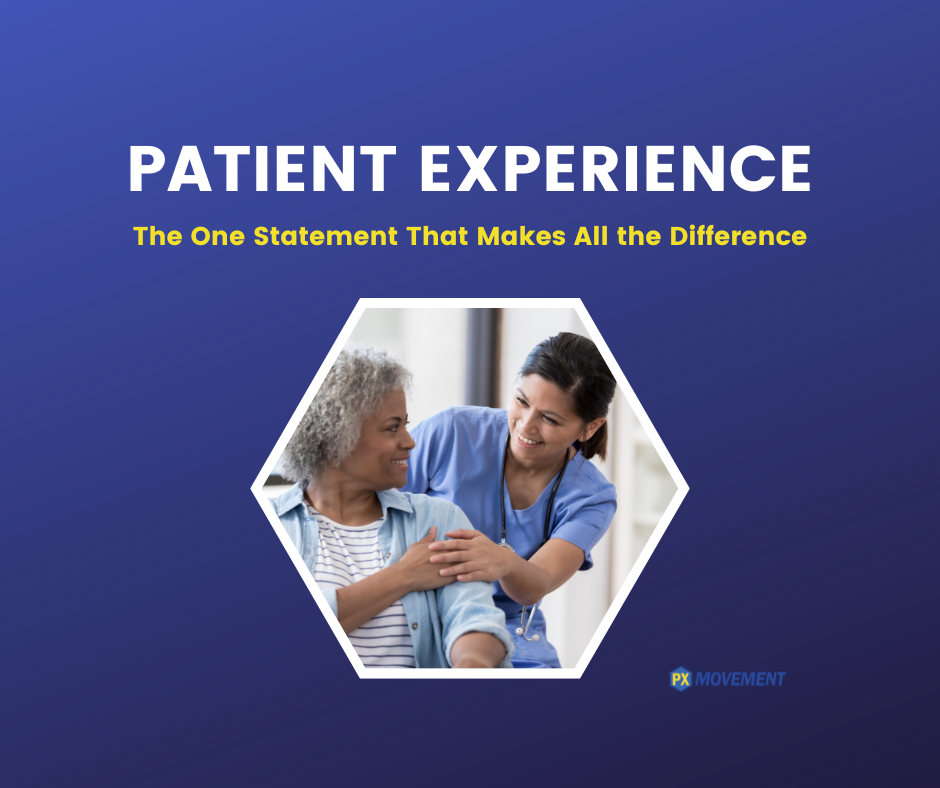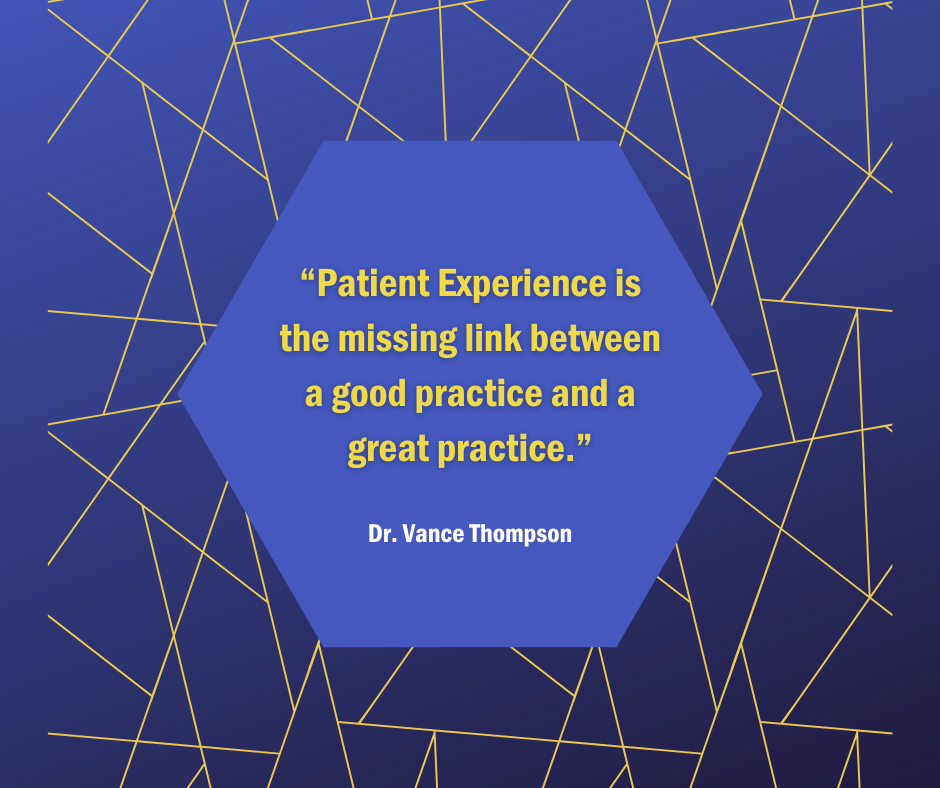
Much of my time and energy is spent helping doctors and their teams improve customer service within their practice. The goal is to embrace a philosophy that states, “Our patients have needs beyond clinical care and want to be well-treated in addition to being treated well.” The result is that a medical practice accepts the fact that patients are also customers.
While this concept is challenging for some doctors, the reality is that virtually every industry has embraced customer service as important and seeks to differentiate their specific goods and services from competitors by offering even more. That “more” comes in the form of an intentionally designed and executed customer experience, where loyalty and purchasing behavior are driven not so much by what’s being sold, but by how the company interacts with its customers.
So, how does this apply to the modern medical practice? The answer to this question – and all the work done to improve the patient experience – draws inspiration from this quote by the poet Maya Angelou:

This set of words eloquently captures the importance of our humanity and applies 100% to how we interact with patients. When patients feel important, cared for, heard, respected, and (insert your own adjective here), they are more likely to move forward with your recommendations to improve their health and well-being. In other words, what matters most is how patients are made to feel.
This is the premise behind PX90, a training program designed to guide your practice in transforming the patient experience in ninety days. The program is accessed online through a series of videos, workouts, and exercises that can be completed by doctors, managers, and front-line employees, either individually or as a team.
Our Founders Club is underway, and we are now opening up PX90 to the next wave of participating practices.

Discover how PXMovement can elevate your practice by exploring more at pxmovement.com. To dive deeper into the program’s contents and see how it can benefit you, schedule a call with me or one of our expert coaches using the button below.
